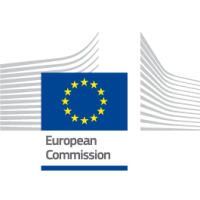
European Commission webinar on: Enabling children’s right to be heard in education by ensuring space, voice, audience and influence
In this webinar, Professor Laura Lundy, author of the ‘Lundy Model’ of child participation, explores what the UN Convention on the Rights of the Child requires to ensure that school-aged children get opportunities to be involved meaningfully in the decisions that affect them in education, drawing on examples where policy makers, schools, teachers and students have applied the Lundy model.
Webinar information
Description
Professor Laura Lundy, author of the ‘Lundy Model’ of child participation, explores what the UN Convention on the Rights of the Child requires to ensure that school-aged children get opportunities to be involved meaningfully in the decisions that affect them in education, drawing on examples where policy makers, schools, teachers and students have applied the Lundy model.
Watch or re-watch the webinar
The content of this webinar reflects the views only of the authors. The European Commission does not endorse any views, opinions or advice expressed by the speakers/presenters of this webinar.
About the speakers
Additional information
-
Language:English
-
Target audience:TeacherStudent TeacherHead Teacher / Principal
-
Target audience country:
-
Target audience ISCED:Primary education (ISCED 1)Lower secondary education (ISCED 2)Upper secondary education (ISCED 3)


